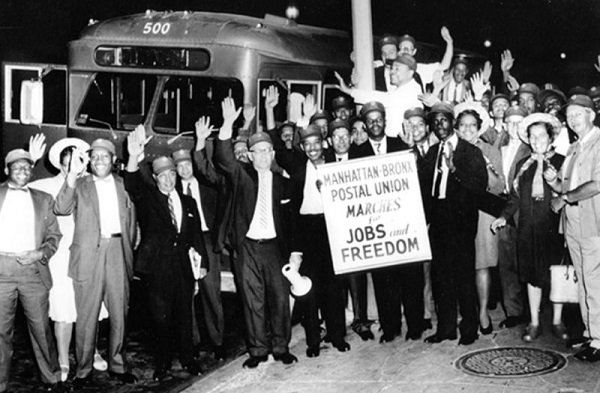
Democracy, they say, is in crisis. The Washington Post ran a Super Bowl ad warning us that “Democracy Dies in Darkness.” Political scientists Daniel Ziblatt and Steven Levitsky have published a book titled How Democracies Die. And Larry Diamond, éminence grise of democracy scholarship, has diagnosed a global democratic recession.
It is not my aim to pour cold water on these kinds of concerns. There is much in recent history to fret about. Yet a single-minded focus on contemporary events can mislead. In studying only today’s backsliding, we risk ignoring the forest for a few Trump-shaped trees.
To understand democracy — to defend it and to deepen it — we should examine its long history rather than obsess about recent headwinds. In a recent article published in the American Journal of Sociology, I attempt to do just that. My research suggests that democratic progress over the last 150 years is the fruit of the changing character of class struggle over the state. Democracy has its origins in the capacity of the poor to disrupt the routines of the rich.
Continue Reading…